Welcome to Macro Mondays! We talk a lot about the S&P 500 and the Dow Jones Industrial Average here, but what about their lesser-cousin? The Russell 2000 is a great index for measuring the performance of many small-corporations and, as a result, help in measuring the overall health of the US economy. It’s a much riskier index than many, but quite profitable if it is timed correctly.
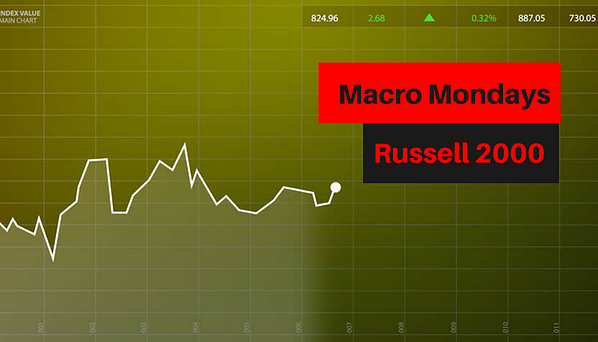
Ultimately, if you are in the early years of your career, you definitely should consider getting into the Russell indexes for some great long-term growth.
What is the ‘Russell 2000 Index’?
The Russell 2000 index is an index measuring the performance approximately 2,000 small-cap companies in the Russell 3000 Index, which is made up of 3,000 of the biggest U.S. stocks. The Russell 2000 serves as a benchmark for small-cap stocks in the United States. The weighted average market capitalization for companies in the Russell 2000 is about US$1.3 billion and the index itself is frequently used as a benchmark for small-cap mutual funds.
Where Did the Russell Indexes Originate?
Seattle, Washington-based Russell’s index began in 1984 when the firm launched its family of U.S. indices to measure U.S. market segments and hence better track the performance of investment managers. The resulting methodology produced the broad-market Russell 3000 Index and sub-components such as the small-cap Russell 2000 Index. The broad-market U.S. index is the Russell 3000 Index, which is divided into several sub-indexes, including the small-cap Russell 2000 Index. Using a rules-based and transparent process, Russell forms its indexes by listing all companies in descending order by market capitalization adjusted for float, which is the actual number of shares available for trading. In the United States, the top 3,000 stocks (those of the 3,000 largest companies) make up the broad-market Russell 3000 Index. The top 1,000 of those companies make up the large-cap Russell 1000 Index, and the bottom 2,000 (the smallest companies) make up the small-cap Russell 2000 Index.








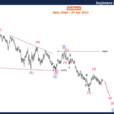

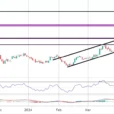
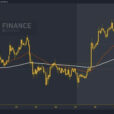
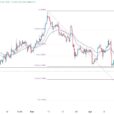
Leave A Comment